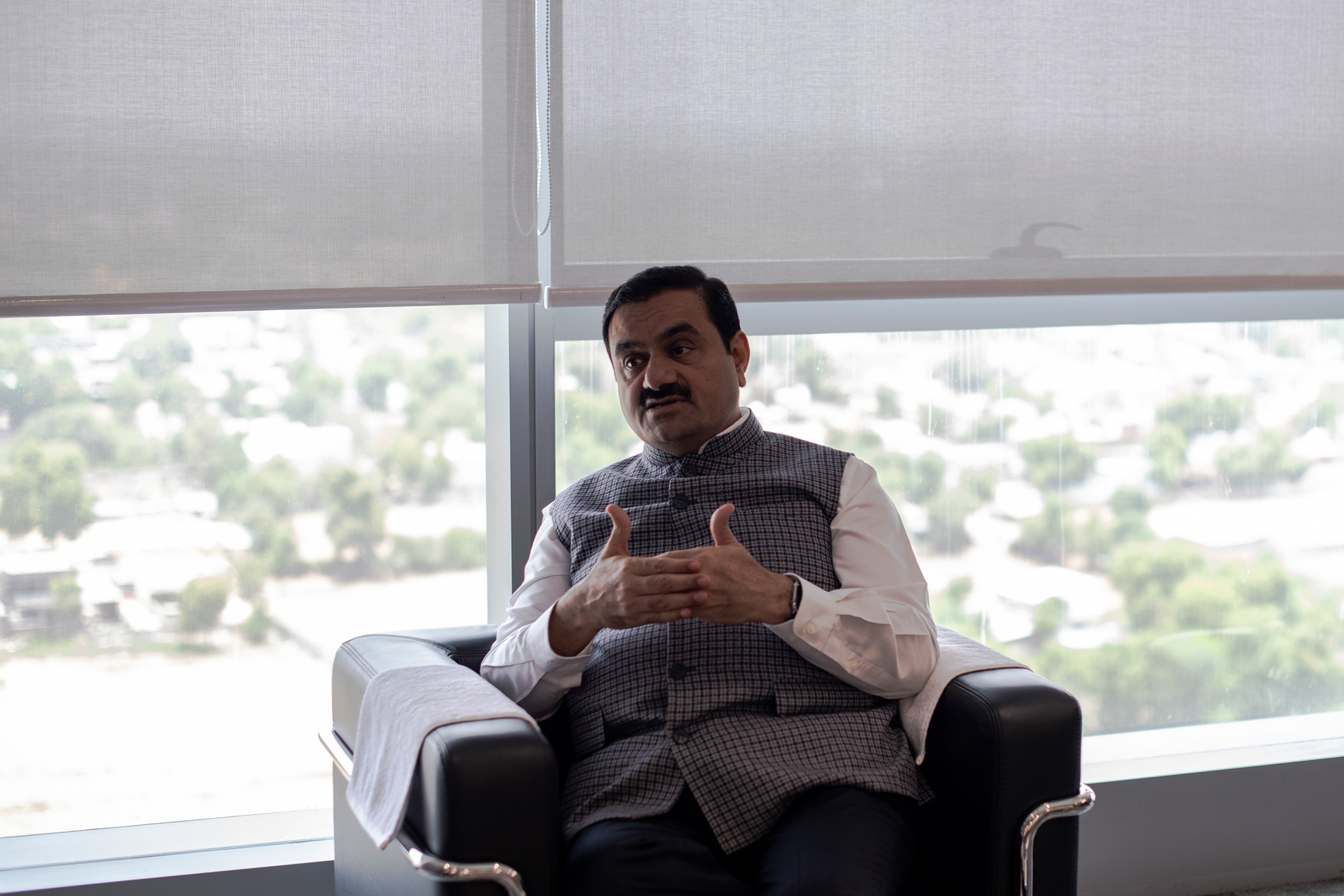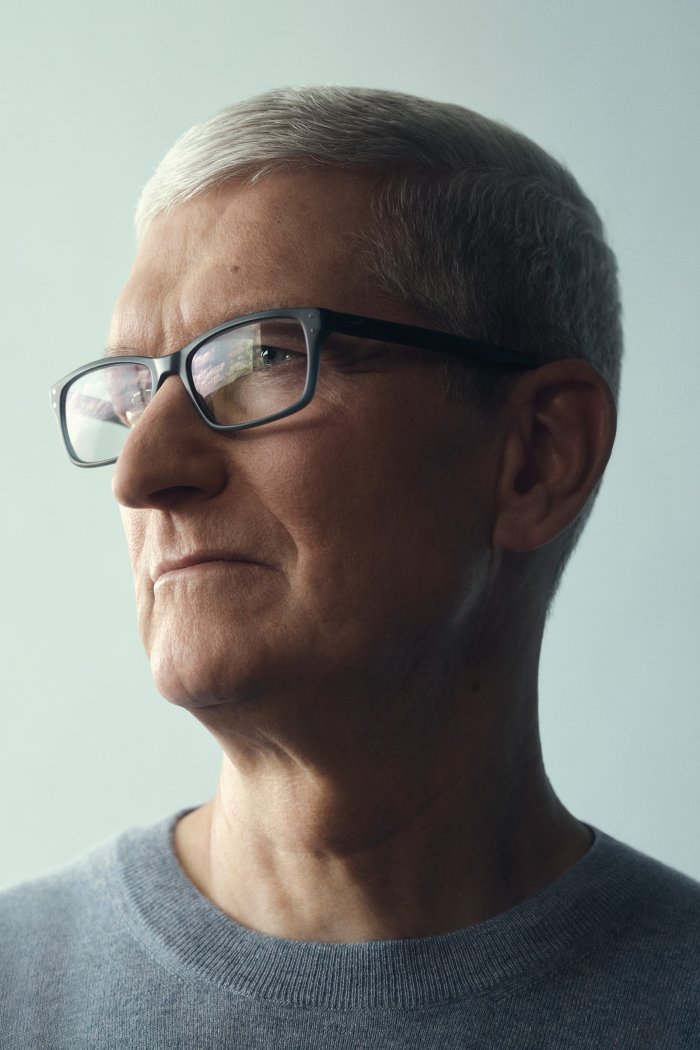When Narendra Modi flew into New Delhi after being elected Prime Minister in 2014, he raised a few eyebrows landing in a private jet emblazoned with the word Adani, the eponymous business group from his home state Gujarat. Founder Gautam Adani’s career was about to take off.
Adani’s once regional business now spans airports, private ports, solar and thermal power, and consumer goods. Adani Group is now a national behemoth in the world’s sixth largest economy, though Adani stays out of the public eye, quietly building his empire.
Critics attribute his meteoric rise to his proximity to Modi, whose government is apparently following a policy of creating “national champions,” like Adani, showering business enterprises with favors to help them become global leaders. Like many countries that have in the past created global conglomerates this way, India is also undergoing an unprecedented concentration of economic and political power that reinforce one another. If Modi symbolizes the second, Adani is the poster boy of the first, as he competes with Warren Buffett to be the world’s fifth richest person. With Modi’s stated goal of making India a $5 trillion economy by 2025, Adani’s journey may have only just begun.
Roy Chowdhury is the co-author of To Kill a Democracy: India’s Passage to Despotism
- Inside Elon Musk’s War on Washington
- Meet the 2025 Women of the Year
- The Harsh Truth About Disability Inclusion
- Why Do More Young Adults Have Cancer?
- Colman Domingo Leads With Radical Love
- How to Get Better at Doing Things Alone
- Cecily Strong on Goober the Clown
- Column: The Rise of America’s Broligarchy





